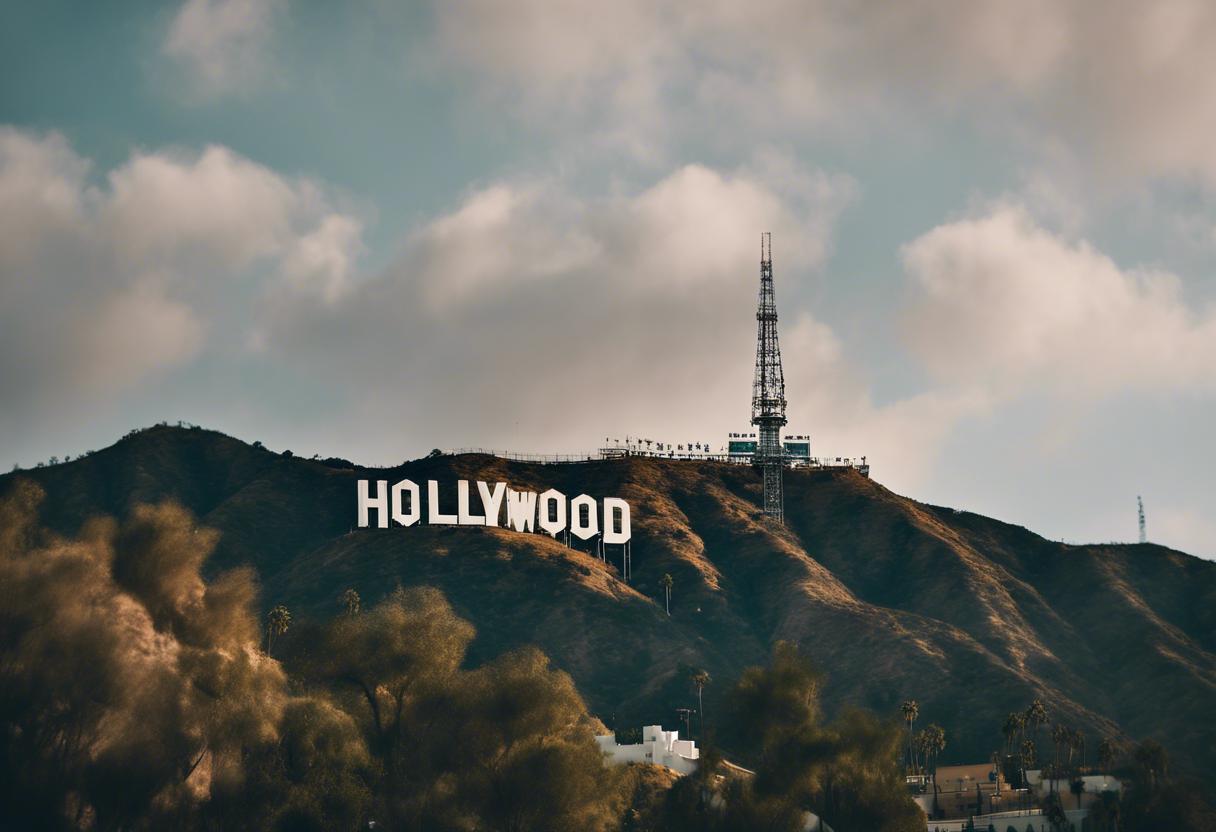The contentious Planning and Development Bill, which sparked outrage from a Hollywood celebrity and virtually the entire Opposition, has triumphed in the Dáil with 72 to 60 following a heated final three-hour discussion. The colossal Bill, initially encompassing over 730 pages in 2021, made its return to the lower House laden with more than 617 amendments from the Seanad, with fewer than 50 considered prior to the legislation being finalised.
Darragh O’Brien, the Housing Minister, hailed it as the most consequential reform in planning laws since 2000. He emphasised the pressing need for the legislation, asserting it will bring about transparency in the planning system. He dismissed Opposition claims of hastiness in the Bill’s process as “completely erroneous,” stating there had been in excess of 115 hours of committee debate.
However, Sinn Féin’s housing representative, Eoin Ó Broin, labelled the Bill as “the single most disastrous piece of planning legislation in the State’s history and the most controversial and destructive law I’ve encountered during my tenure in the Oireachtas.”
The Bill, a crucial move by the Government endeavours to address the housing crisis. The reforms it contains aim to expedite housing delivery, eliminate planning system bottlenecks that can also stall renewable energy and transport infrastructure projects.
Included reforms are the alignment of local and regional plans with the National Development Plan objectives. The period of local authority development plans will be extended from five to ten years to allow them to be more strategic. An Bord Pleanála will undergo major restructuring, changing its name to An Coimisiún Pleanála. Statutory deadlines for decision-making will also be implemented. The Bill also introduces limitations on parties who can appeal for judicial reviews.
Opposition spokespersons voiced their apprehension, warning the reforms could actually result in further delays and an increase in legal challenges.
Contentious changes which involve plans for offshore storage of Liquefied Natural Gas (LNG) have been heavily criticised by Hollywood actor, Mark Ruffalo. Expressing his concerns on social media, the actor accused the Green Party of potentially causing significant environmental damage and suggested that the proposed bill would expedite LNG terminals and aid fracking.
The Green Party, however, vehemently disputed Ruffalo’s claims, stating his portrayal of their plans was grossly inaccurate. They maintained that while their focus remains on sustainable energy for Ireland’s future, there might be a requirement for a secure gas reserve. This would act as a contingency measure should any disruption occur to the gas supply from the UK, the predominant source of Ireland’s gas.
Labour leader, Ivana Bacik, further added that such measures may solidify the role of fossil fuels in the long run. She claims that the terming of the LNG facility as “strategic infrastructure” indicates that the government is not entirely opposed to fossil fuels. Indeed, she argues that such a designation suggests that the government believes the facility is necessary.
Cian O’Callaghan, housing spokesperson for the Social Democrats, voiced concerns that the proposed law does not assure that the facility “will not accommodate fracked gas” or that it will not be a permanent or commercial venture. He warns that the legislation may result in increased societal delays and costs.

